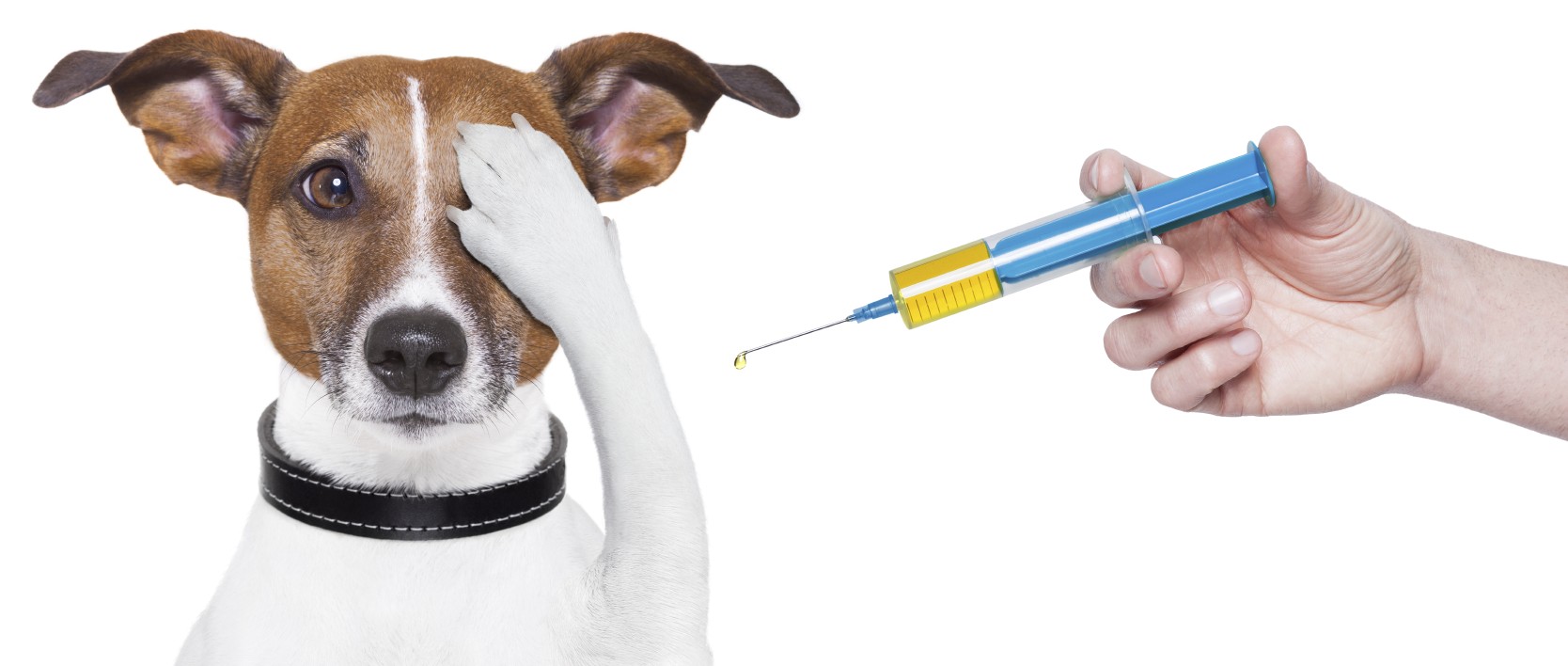Just as there is widespread discussion over the necessity of vaccinations for humans, these same conversations are being had about whether or not we should vaccinate our pets. Some people are worried about vaccinations doing more harm than good to our furry companions and feel that since most diseases have been eradicated in animal populations, there is no need to vaccinate any more.
Prevention of global disease outbreak
Vaccines are not just beneficial for the health of your own pet. They are essential for preventing the spread of disease. An example of this is the spread of rabies in Latin America. Rabies is a disease that is transmitted through the bite of infected animals. It affects both animals and humans, and it is fatal.
A regional program was launched in 1983 to prevent the spread of rabies by using a program of coordinated vaccinations. Since then there has been a reduction in cases of humans with rabies by 95% and of dogs with rabies by 93%.
By vaccinating your pet against rabies, you could literally be saving lives. Some animals cannot be vaccinated for health reasons, and if your dog were to contract rabies and then pass it on to one of these dogs, and a few other families make this same decision, it would be contributing to rabies becoming a problem in the United States again. It’s also worth noting that many states require by law that dogs be vaccinated against rabies.
It’s cheaper than the alternative
More and more vets are working to make vaccinations as affordable as possible. For example, veterinarianfriscotx.com offers a low-cost vaccination clinic in Frisco.
When you compare this to the potential cost of treating your pet if they contract a dangerous disease, it just makes sense. Add to this the heartbreak of looking after your furry friend when they are unwell, and it’s easy to see why vaccination is the right choice.
Vaccinations prevent diseases in cats like Feline Viral Rhinotracheitis, Calicivirus, Panleukopenia, and also Feline Leukemia which is always fatal over time. In dogs, vaccinations are used to prevent Canine Distemper, Adenovirus Type 2, Parainfluenza and Parvovirus which are deadly, particularly in puppies. They are also used to avoid Leptospirosis, which attacks the kidneys and Lyme Disease, which attacks the joints and kidneys and is very difficult to treat, even with aggressive antibiotics.
Talk to your vet
Some of the concerns over vaccinations are based around an idea of ‘over-vaccination’, that is giving your pet’s vaccinations that they really don’t need. It is further exacerbated by the fact that some vaccines do cause side effects.
There isn’t actually any evidence that ‘over-vaccination’ is detrimental to the health of your pet. Still, it does make sense to ensure that they are only getting the vaccinations that they actually need. If you are concerned, then speak to your vet about what vaccinations they recommend for your pet, why they are supporting them, and if there is any risk of side effects. A good vet will be willing to have these conversations with you and to work out the vaccination schedule that is the most appropriate for your pet based on their lifestyle. For example, you probably don’t need to worry about kennel cough if your dog isn’t coming into contact with other dogs.
